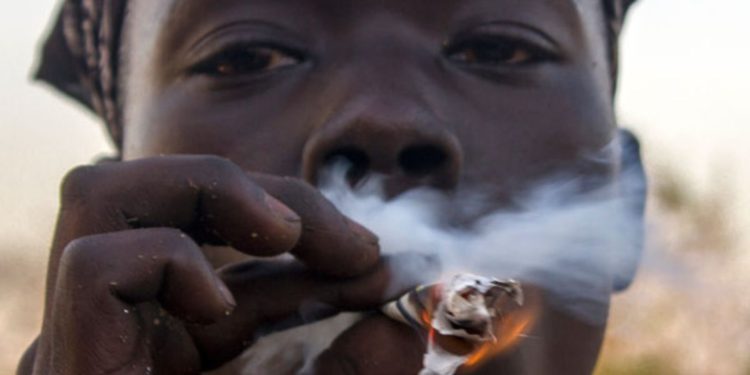In Uganda, while cocaine may not be prevalent and intravenous drug use may not be widespread, the issue of drug abuse still lurks in the shadows, silently corroding the fabric of society. Despite the absence of certain drugs commonly associated with addiction, Uganda grapples with its own unique challenges regarding substance abuse, particularly with marijuana and other locally available substances. This analysis delves into the multifaceted dimensions of Uganda’s drug crisis, shedding light on its prevalence, impacts, and the urgent need for action.
One of the fundamental aspects to consider is the societal and legal framework surrounding drug use. While Uganda may not have explicit laws against certain drugs like cocaine, the absence of stringent regulations does not mitigate the detrimental effects of drug abuse. Instead, it underscores the importance of proactive measures to address the root causes of substance misuse. Without robust legislation and enforcement, individuals may perceive drug use as less risky, leading to increased experimentation and addiction.
Moreover, the cultural and socioeconomic landscape of Uganda plays a significant role in shaping attitudes towards drug use. In many communities, traditional practices involving the consumption of substances like marijuana are deeply ingrained. While these practices may have historical or ceremonial significance, they can also perpetuate patterns of addiction and dependency. Additionally, socioeconomic disparities exacerbate vulnerability to drug abuse, as marginalized individuals may turn to substances as a coping mechanism for poverty, trauma, or lack of opportunities.
The health consequences of drug abuse cannot be overstated, even in the absence of drugs like cocaine or intravenous drug use. Marijuana, for example, is widely available and commonly used in Uganda, yet its perceived harmlessness belies a myriad of health risks. Chronic marijuana use has been linked to respiratory problems, cognitive impairment, and mental health disorders. Furthermore, the proliferation of locally brewed alcohol and other homemade concoctions presents additional health hazards, ranging from liver damage to alcohol poisoning.
The economic toll of drug abuse is equally concerning. Lost productivity, healthcare costs, and criminal justice expenditures exact a heavy price on Uganda’s already strained resources. Moreover, the cycle of addiction perpetuates poverty and hampers socioeconomic development, creating a vicious cycle of deprivation and dependency.
To address Uganda’s drug crisis, a holistic approach is imperative. This entails targeted interventions at various levels, including prevention, treatment, and harm reduction. Prevention efforts should focus on raising awareness about the risks of drug abuse, debunking myths surrounding certain substances, and promoting healthy alternatives for coping with stress and adversity.
Additionally, accessible and culturally sensitive treatment options are essential for individuals struggling with addiction. This includes expanding the availability of rehabilitation centers, training healthcare professionals in addiction medicine, and providing support services for recovery and reintegration into society.
Harm reduction strategies, such as needle exchange programs and overdose prevention initiatives, can mitigate the immediate risks associated with drug use and prevent further transmission of blood-borne diseases. However, these measures must be implemented alongside efforts to address the root causes of addiction and reduce demand for drugs through education, economic empowerment, and community-based support networks.
Furthermore, collaboration between government agencies, civil society organizations, and international partners is crucial for a coordinated and sustainable response to Uganda’s drug crisis. By pooling resources, sharing expertise, and leveraging collective influence, stakeholders can amplify the impact of interventions and foster long-term solutions.
In conclusion, Uganda’s drug crisis may not mirror the challenges faced by countries grappling with cocaine epidemics or rampant intravenous drug use, but its impact on individuals, families, and communities is no less profound. By acknowledging the complexities of drug abuse within the Ugandan context and adopting a comprehensive approach that addresses prevention, treatment, and harm reduction, we can confront this silent scourge and pave the way for a healthier and more resilient society.







Discussion about this post